Family Domestic Violence: Our community, recognizing and seeking help

By Madhuri Maskey and Punam Panta
What is Family Violence?
Family Violence (also called Domestic Violence) is not only physical abuse, it can be sexual, psychological, emotional, economic, spiritual or legal abuse.
Family or domestic violence is a very prevalent issue globally. It is increasingly becoming a serious concern of violation of human right. World Health Organization report 2013 had positioned violence as a serious public health issue and gave global relevance to the increasing rate and its serious long-term impact (WHO 2013). Domestic violence is widespread across any culture, ethnic affiliation, and economic status. It is a gender-based crime with a huge number of female victims. It has a huge impact especially on women and children and is becoming very expensive for any nation.
One of the serious impacts of domestic violence is the loss of life. According to Australian Government and Australian Institute of Health and Welfare website, 1 woman is killed every 9 days and 1 man killed every 29 days by a partner. According to the Australian Bureau of Statistics 2016 Personal Safety Survey, 2.2million Australians have experienced physical and/or sexual violence from a partner and 3.6 million Australians have experience emotional abuse from a partner. About 2.2 million Australians have experience sexual violence since the age of 15.
What constitutes to Domestic Violence?
Family violence occurs when someone makes you feel afraid, powerless, or unsafe with whom you have a close personal relationship. It can be physical, but it can be also emotional, verbal, disrespect, and other forms of non-physical abuse such as threats, coercion, controlling, stalking and so on.
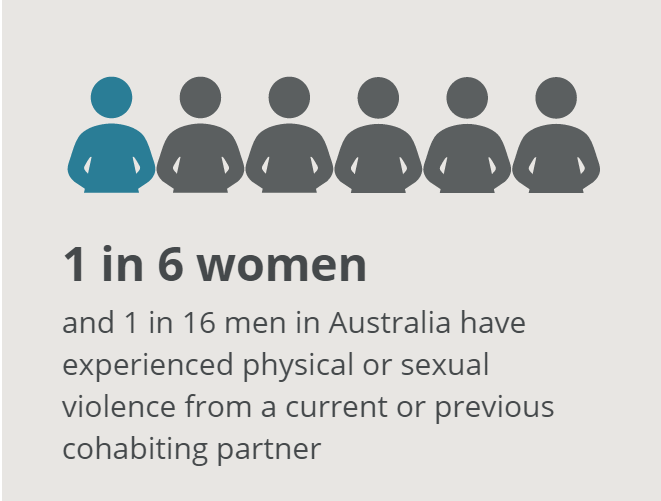
There are many changes that are taking place in our lives and society at the moment due to the Coronavirus spread and it is a difficult for many families within our community. It is causing a lot of stress, anxiety, and hardships. Evidence has shown that in times of stress, anxiety and uncertainty, the risk of gender-based violence and family violence tends to increase significantly, especially in relationships where violence is already occurring. Forms of abuse and violence can include:
- Physical harm – threats of self/physical harm, smashing things, hurting pets
- Verbal abuse – name-calling, yelling
- Financial abuse – strict or unfair control of money
- Emotional and psychological abuse – humiliation, put-downs and blaming
- Sexual abuse – and rape
- Stalking – following, making excessive phone calls, texts, or emails,
- Media abuse – harassment over social media
- Social abuse – controlling where you go and who you see
- Spiritual or cultural abuse – controlling practices or choices
Domestic Violence in Migrant Communities
In many cultures around the world, family domestic violence is not seen in the same light as we perceive it here in Australia. Although, Domestic Violence can affect both the gender, women from culturally and linguistically diverse communities face specific additional challenges. This is due to high risk and prevalence of violence against migrant women are found in the communities and societies entrenched with rigid gender roles, patriarchal systems, cultural and religious practices, and normative use of violence against women. Women from migrant communities who are subjected to family violence are most economically and financially dependent on their spouses, they are socially and emotionally isolated and attached to the cultural and religious norms and practices. Women from these communities often do not speak about family violence due to their different understanding and perception that constitute family violence in their communities. Many such communities do not consider the sexual, emotional, and psychological abuse, financial control, and mobility restriction as family violence. Community and women as well consider the family violence as a private or confidential matter, therefore, disclosure of it mostly seen as disgracing the Family Honour.
Fears of Migrant Domestic Violence Victims
Victims from migrated communities are mostly unaware of their rights and they are often unaware that Family Violence is a crime in Australia. They also lack information and knowledge about Australia’s Legal system, especially about the immigration law and available support services which provide free legal, housing, income and other support to victim/survivor of family violence.
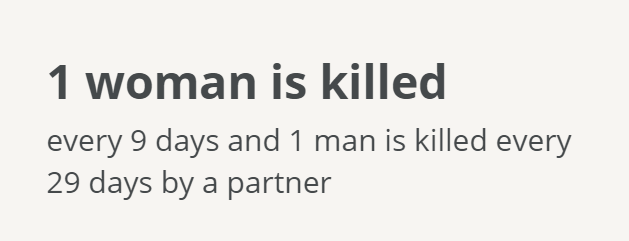
What makes a Migrant Stay in a Domestic Violence relationship?
Many people wonder why a victim who is being abused in a violent relationship doesn’t just leave. When it’s a man who is being abused, people question this even more. Ending an abusive relationship is hard. There could be many reasons for not leaving:
- Fear of losing their children
- Feeling of shame
- Religious belief about marriage
- Not enough support for survival after leaving
- In denial that they are a victim of domestic violence
- Scared of their visa status if they are on dependent visa
Domestic Violence for Migrants and Visa Issues
Australia is a country that views domestic violence as a crime. The Australian migration system ensures that you and your family members do not need to stay in a violent relationship to stay in this country. There are special rules about how the Department of Home Affairs (Immigration and Citizenship) deal with specific visas in situations of family violence, called the family violence rules.
As a migrant, there is a lot of fear that you may be deported if you complain about your partner’s abuse and he or she leaves you. This fear is even more true when the victim is on a temporary partner visa before they become full permanent resident. This is not the case. You might still be able to be granted a visa if you meet conditions laid out by the Department Home Affairs.
You can get more information on following site:
https://immi.homeaffairs.gov.au/visas/getting-a-visa/visa-listing/partner-onshore/family-violence-and-your-visa
Domestic Violence Against Men
Men also suffer domestic violence and those who experience it can feel shame and have difficulty talking about it. Male victims of domestic violence often feel a sense of shame about being abused but it needs to be taken seriously. Perpetrators of violence against men include their wives, family members including extended family, new or former partners, parents, children, siblings and carers. Domestic violence against men can be physical, but it can also be a broad spectrum of behaviours which includes: emotional, sexual, verbal, financial or mental abuse. Although there is not a lot of studies yet done in this area for domestic violence against men, the statistics is also quite alarming over the last few years.
Impact of Covid-19 on Domestic Violence Situation in Australia
The impact of COVID-19 has made Australian women and children more at risk than before. Job losses, financial stresses, fear of COVID-19, food insecurity, social distancing, self-isolation, and restriction of mobility to contain COVID-19 has exacerbated more stressful situations and vulnerability towards the children and women in marginalized communities. These additional anxieties and pressures can intersect with coercive and controlling behaviors of the perpetrator, to further inflame challenging relationships and trigger more incidents of family violence (Equality 2020; DVRCV 2020).
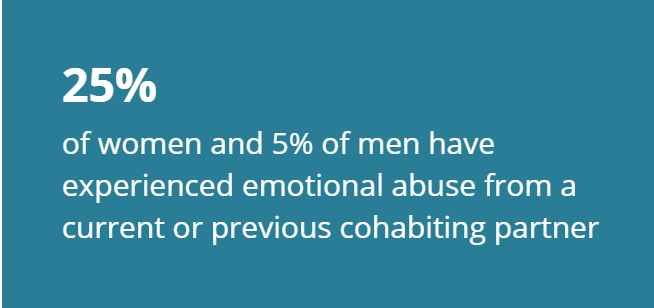
Coronavirus pandemic, it seems, may be exacerbating those problems for men too as it has for female victims. New data from the NSW Bureau of Crime Statistics show police recorded 985 male victims of domestic violence assault in March this year, when lockdowns were first flagged — an increase of almost 10 per cent from the same period last year.
What do you need to do if you are suffering Domestic Violence?
First you need to recognize it is happening to you. Stop being in denial! Then you need to act!
Try and do following to break the cycle:
- Talk to someone you know or even better report to the police
- Seek support from someone you know
- Start writing a safety plan of how to keep yourself safe and where to go if you’re in danger
- Start writing a diary on what happened and when. It will become useful in future one or another
Main thing to remember, if the abuse has happened once, it can happen again. Remember that you are not the one to blame for what is happening.
Where can you go to seek help?
If you are feeling isolated, stressed, or experiencing family violence, remember that help is at hand. Listed below are a number of services you can reach out to during this difficult time.
Police in Emergency – 000 (Always dial 000 If you or someone you know is in danger)
1800 Respect National Sexual Assault, Family Violence Helpline – 1800 737 732
Safe Steps Crisis Line – 1800 015 188
Kids Help Line – 1800 551 800 (Kids Helpline is a free, 24-hour counselling service for young people aged 5-25 years).
LifeLine Australia – 13 11 14 (Lifeline is a national charity providing all Australians experiencing a
personal crisis with access to 24-hour crisis support and suicide prevention services).
Mensline – 1300 789 978
Men’s Referral Service – 1300 766 491
No to Violence – 1300 766 491 (No to Violence (NTV) provides the Men’s Referral Service: an anonymous and confidential telephone service for men)
State/National wide Family Violence and Child Protection Services:
https://www.dvrcv.org.au/support-services/national-services
https://www.dss.gov.au/women/help-is-here-campaign
About writers
Madhuri Maskey is a Coordinator for Safer and Stronger Community Pilot, Family Violence Prevention and Punam Panta is an Executive Officer for Australasian Nepalese Medical and Dental Association (ANMDA)



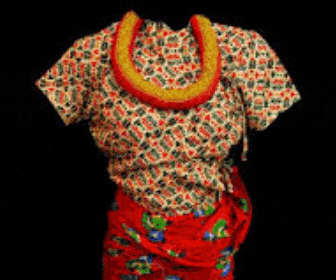








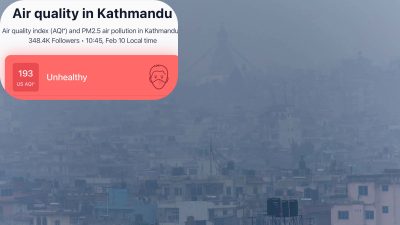

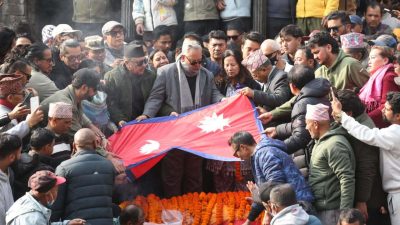


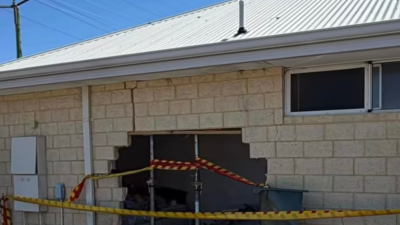









तपाईको प्रतिक्रिया